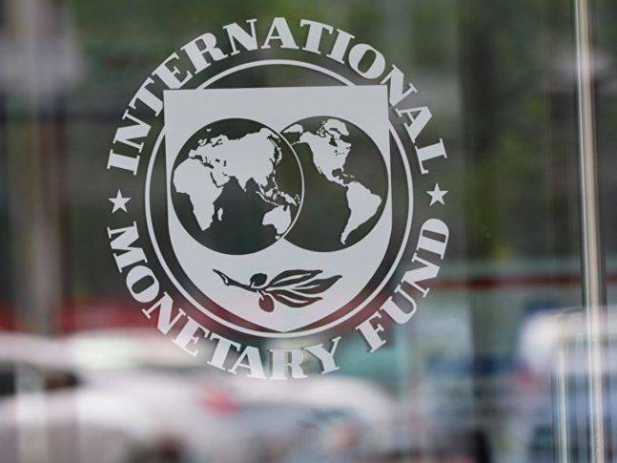
The IMF is demanding financial reforms before it will provide any monetary assistance to Lebanon. (Credit: AFP)
BEIRUT — On Monday night, a leaked version of the Lebanese government’s widely anticipated economic recovery plan started circulating on social media. The authenticity of the document remains uncorroborated, but experts L’Orient Today spoke to unanimously agreed on its validity. The points below are not meant to be exhaustive but only to provide an overview of the most important financial and economic issues that were raised in the plan.
Here’s what we know:
• The document states that the financial losses of the banking sector exceed $72 billion. In its bid to restructure the sector, the government is planning to approve an emergency bank resolution, a capital control law and to introduce amendments to the banking secrecy law.
• The central bank’s losses exceed $60 billion; however, the final number will be confirmed pending the completion of the ongoing audit of the bank. These losses only represent the liabilities of the central bank towards commercial banks and do not take into account the losses incurred on its Eurobonds’ holdings, estimated at $5 billion and worth now between $500 million and $1 billion, nor the potential losses that will accrue after the unification of the exchange rates.
• The first step of the government’s plan is aimed at writing off the central bank’s $60 billion exposure to commercial banks, and at raising $2.5 billion through sovereign debt issuance, for the purpose of partially recapitalizing the institution. Any remaining losses will be gradually written off over a five-year period.
• The second step will be about recapitalizing viable commercial banks and liquidating insolvent ones. Losses will first be borne by the existing banks’ shareholders, then by debt holders and finally by depositors.
• Deposits up to $100 thousand will be guaranteed with 31 March 2022 being the cut-off date. Any increase in the deposit’s balance after this date will not be guaranteed.
• Balances above the $100 thousand limit will either be converted into shares in banks, partially written off and partially converted to Lebanese lira at a different rate than that of the parallel market.
• The Banking Control Commission, with the assistance of internationally recognized companies, will proceed with a financial evaluation of the largest 14 banks to determine the breakdown of every bank’s deposits and the extent of its losses.
• Old and new shareholders will be asked to inject fresh capital into the banks that were deemed viable.
• The remaining deposits will be paid back in US dollars or Lebanese lira, or a combination of both. The amounts disbursed will be determined according to the capital control law. The current limit is fixed at $1,000 in the draft capital control law, and payments in Lebanese lira will be made using the Sayrafa rate.
• As for the 2022 budget, the document mentions that taxes will be calculated and collected at the Sayrafa rate to increase revenues.
• The plan also reveals an increase in selective taxes on consumer goods such as alcohol, soft drinks and certain types of cars, an increase in the VAT from 11 to 15 percent over the next two years and an increase in real estate and property taxes.
• As far as macro indicators are concerned, the government is aiming at reaching a debt-to-GDP ratio lower than 100 percent by 2026, and lower than 76 percent by 2032. The government also plans to reduce its financing requirements to between 9 and 10 percent of GDP, which will be funded by official international organizations given Lebanon’s lack of access to international debt markets. The document also states that the government will soon revive talks with its creditors.
• The central bank’s organizational structure will be revamped. The Banking Control Commission, the Higher Banking Commission, the Special Investigation Commission and the Capital Markets Authority will no longer report to the governor of the central bank.